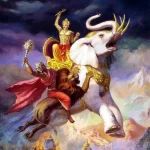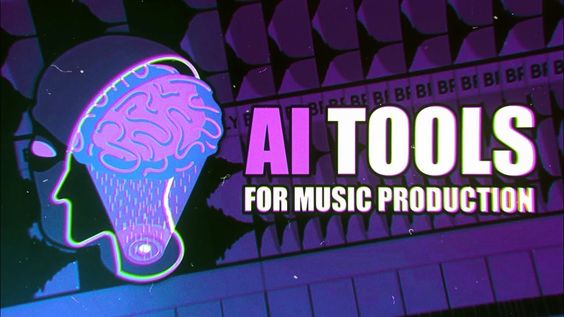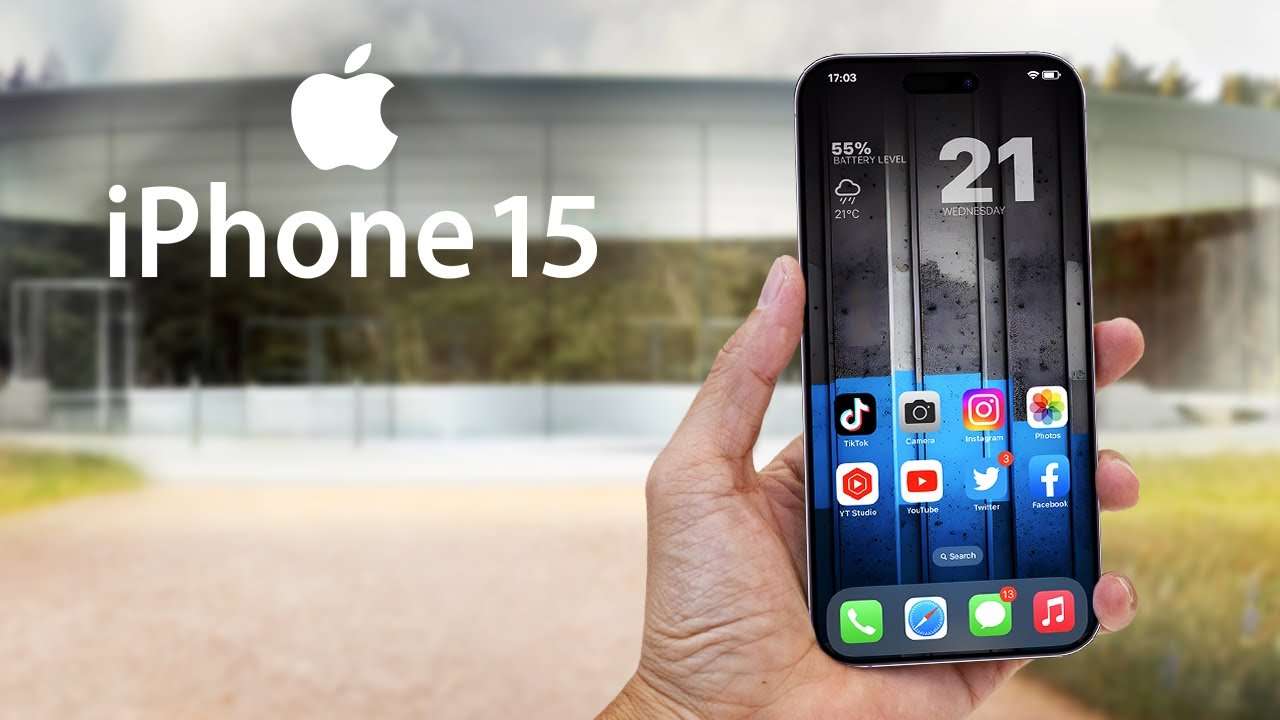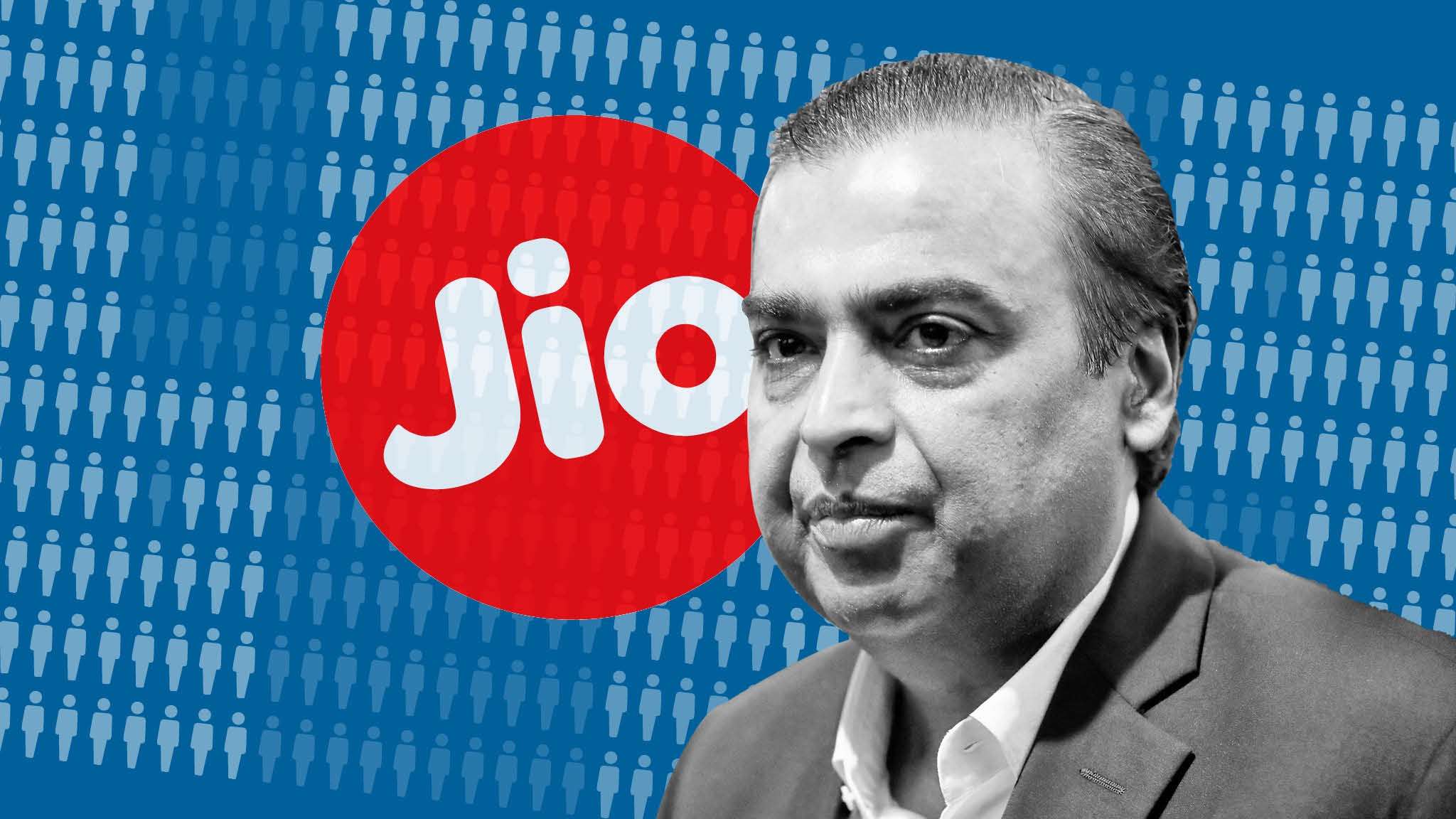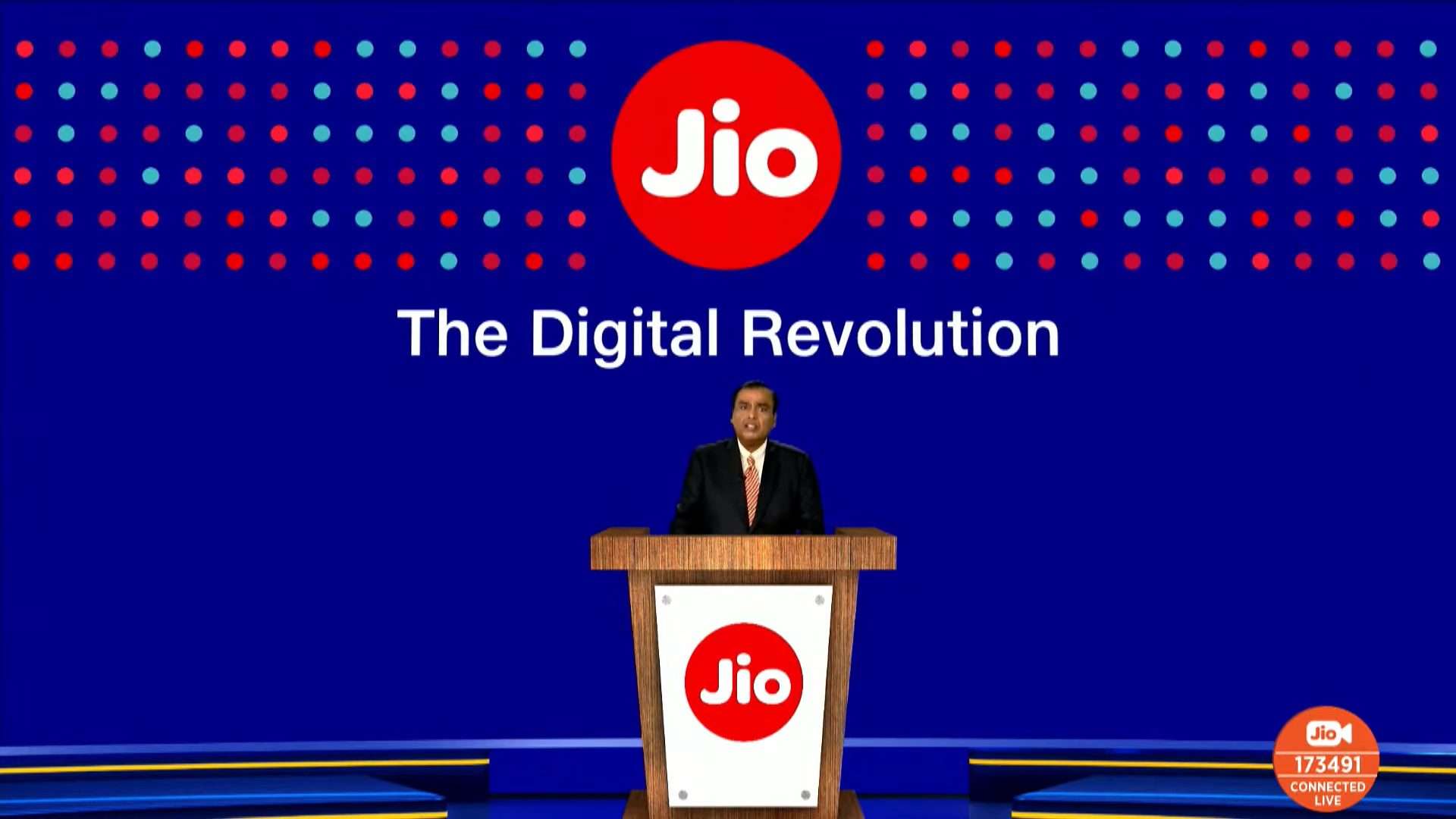Introduction: As technology continues to advance, artificial intelligence (AI) is transforming various industries, including the field of music. AI tools can empower musicians to enhance their creative process, improve music production, and connect with audiences in new and exciting ways. In this blog, we’ll explore the top 10 AI tools that every musician should know about, along with their respective links for further exploration.
- Amper Music (https://www.ampermusic.com/): Amper Music is an AI-powered music composition tool that allows musicians to create custom, royalty-free music for their projects. It uses machine learning algorithms to generate unique melodies, harmonies, and arrangements based on user preferences, providing a quick and efficient way to produce high-quality music.
- LANDR (https://www.landr.com/): LANDR is an AI-driven mastering tool that offers automated audio mastering services. Musicians can upload their tracks, and the AI algorithms analyze and enhance the audio quality, providing professional-level mastering results. It’s an invaluable tool for musicians looking to achieve polished and industry-standard sound.
- Jukedeck (https://www.jukedeck.com/): Jukedeck is an AI music composition platform that enables musicians to generate custom-made music for their projects. It provides a vast library of AI-generated music across different genres, moods, and durations. Musicians can personalize the music by adjusting tempo, instruments, and other parameters, making it suitable for various creative needs.
- Melodrive (https://www.melodrive.com/): Melodrive is an AI-driven music generation platform focused on creating adaptive and interactive music. It produces music that responds dynamically to the listener’s actions, creating unique soundtracks for games, virtual reality experiences, and other interactive media. Musicians can explore the AI’s capabilities to craft immersive and engaging musical experiences.
- OpenAI’s MuseNet (https://openai.com/research/musenet/): MuseNet by OpenAI is an AI model capable of generating original music compositions in various styles and genres. Musicians can experiment with MuseNet to generate melodies, harmonies, and even full compositions, providing inspiration and expanding creative possibilities.
- AI Drummer by XLN Audio (https://www.xlnaudio.com/products/ai-drummer): AI Drummer is an intelligent virtual drummer that uses machine learning algorithms to produce realistic and customizable drum performances. Musicians can access a vast collection of drum patterns and styles, adjust performance characteristics, and integrate the virtual drummer into their music production workflow.
- AI Musician by Humtap (https://www.humtap.com/): Humtap’s AI Musician is an innovative tool that converts hummed melodies or sung lyrics into fully orchestrated musical compositions. Musicians can simply hum or sing their ideas, and the AI analyzes the audio to generate accompanying music, making it easy to capture spontaneous musical inspiration.
- iZotope’s Spire Studio (https://www.izotope.com/en/products/spire/studio.html): iZotope’s Spire Studio is a portable recording device equipped with AI-powered features. It offers intelligent sound processing, automatic level adjustment, and enhanced mixing capabilities, allowing musicians to achieve professional-quality recordings anywhere, without the need for complex setups.
- AI Music Composition by Google Magenta (https://magenta.tensorflow.org/): Google Magenta is an open-source research project that explores the intersection of AI and music. It offers various AI models and tools for music composition, including AI-generated melodies, chord progressions, and even collaborative music-making platforms. Musicians can dive into Magenta’s resources to experiment and contribute to the field of AI music.
- AIVA (https://www.aiva.ai/): AIVA (Artificial Intelligence Virtual Artist) is an AI composer that generates original music for various purposes, such as film scoring, video games, and advertising. Musicians can collaborate with AIVA to receive AI-generated compositions, providing a source of inspiration or a starting point for their own musical endeavors.
Conclusion: As an AI-driven revolution unfolds, musicians can leverage these top 10 AI tools to enhance their creativity, streamline production processes, and explore new musical horizons. From AI-powered composition tools to mastering services, virtual musicians, and interactive music experiences, these tools offer a wealth of possibilities for musicians to elevate their craft. Embrace the power of AI in your musical journey and discover the exciting innovations that await.
Please note that while these tools can be valuable resources, it’s important to assess their suitability for your specific needs and consider the terms and conditions of each platform before utilizing them in your musical projects.




